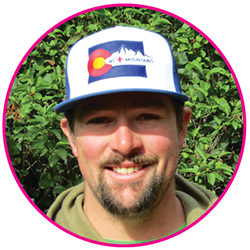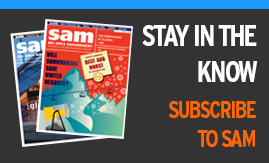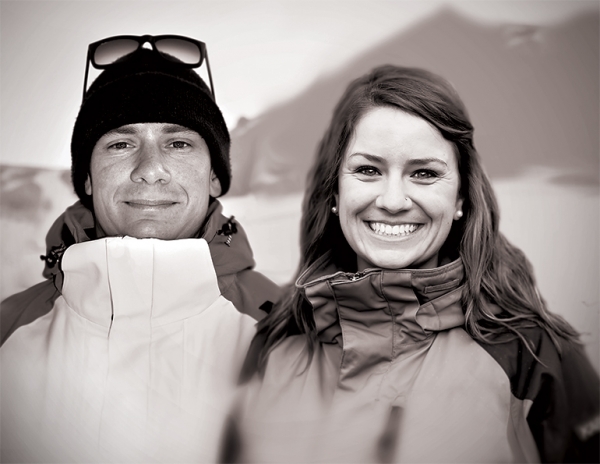Table of Contents

SAGE MCDERMOTT
Title: Ski Patroller, Steamboat, Colo.
Age: 27
Hometown: Mt. Shasta, Calif.
Six-word bio: Ski hard, work hard, then repeat.
First job in the industry: Ski instructor at Mt. Shasta Ski Park, Calif.
How did you get into the industry?
Both my parents worked at our local ski area. I was always up on the mountain.
A day in the life:
Depending on snowfall, it might be going out on avalanche routes first thing. If not, we show up at 7:30, have a meeting to talk about projects for the day, then head up the hill and do trail checks. Then the mountain opens, and we’re skiing around doing work projects or responding calls. If it snowed a lot, we slay some powder.
What do you love most about your job?
I love winter and being out in the elements. And I get a really good feeling from helping people. Being outside and assisting people in some way is a really rewarding feeling. The job of patrolling is unique and can be very thrilling and fast paced.
What’s the biggest challenge you face?
We’re often meeting people on one of the worst days of their lives. Dealing with people really suffering can be a challenge. But ski patrolling is a wonderful job. I get paid to ski, have fun, and help people. Ninety-nine percent of the time, it’s the best job in the world. That’s why people who start ski patrolling don’t quit—they love it.
Who is your professional mentor?
Johnny Sawyer, who’s a patroller at Steamboat. He showed me the way it should be done. He’s an excellent patroller. A soft spoken and good-hearted man who got me pointed in the right direction.
Describe your leadership style:
I try to be the first one out the door and try to lead by example. Just be out there and do the little things first, because that’s what really holds everything together. Also, I try to be inclusive and not be overly vocal.
How does your experience as a river guide inform your ski patrol career?
Being a river guide, particularly on the Middle Fork of the Salmon, we don’t have access to the civilized world, so if things go wrong, it can be a big deal—whether that’s a medical emergency or forgetting the coffee. Being a river guide makes you focus and get the details correct. This has made me look at the little things: making sure your kit is set up right, looking at your friends’ kits, rope lines and boundaries and pads.
In 10 years?
I definitely want to pursue improving my education in the ski patrol world, whether from a medical standpoint, avalanche or rope rescue standpoint. And I would want to move into a leadership role as a supervisor or an educator.





